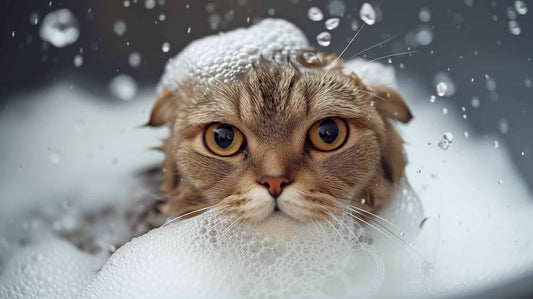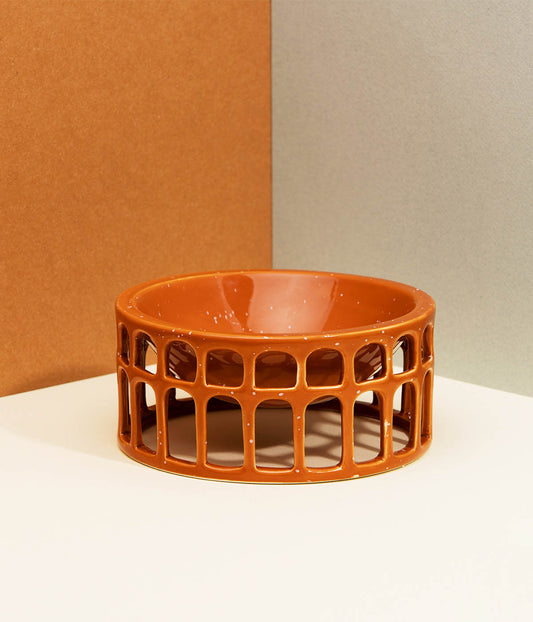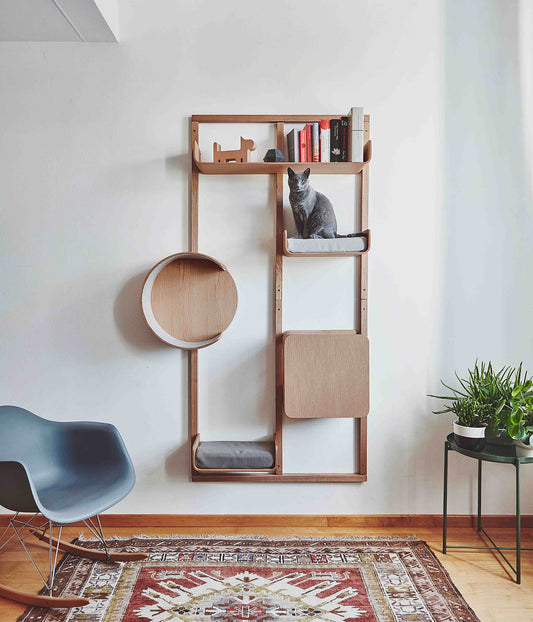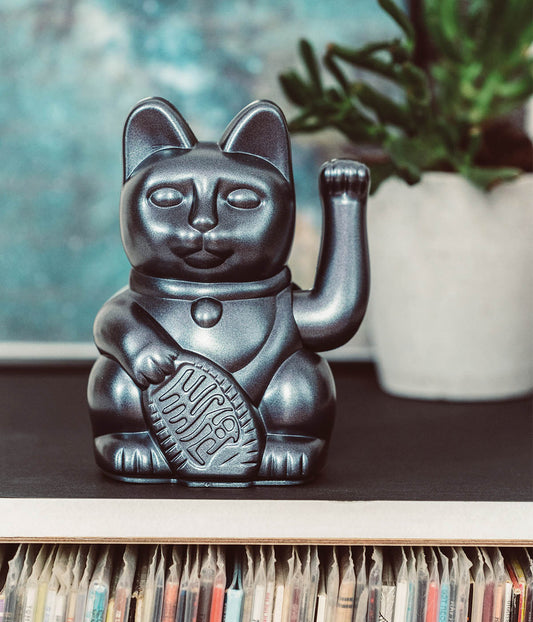
Why Cats Pee on Beds and How to Deal with It
Marie DuchessYou may have experienced the frustration of finding your beloved feline friend peeing on your bed. This behavior can be puzzling and unpleasant, but it's important to understand why cats engage in this behavior and how to effectively deal with it.
Why do cats pee on beds?
There are several reasons why cats may choose your bed as their preferred spot for elimination. One common reason is marking territory. Cats have scent glands in their paws, and by urinating on your bed, they are leaving their scent and marking their territory. This behavior is more common in unneutered male cats, but can also occur in spayed or neutered cats of both genders.
Another reason cats may pee on beds is due to stress or anxiety. Cats are sensitive creatures, and changes in their environment or routine can cause them to feel anxious. This anxiety can manifest in inappropriate elimination, including on your bed.
How to deal with it?
Dealing with a cat peeing on your bed requires patience and understanding. Here are some steps you can take to address this issue:
1. Rule out medical issues
Before assuming it's a behavioral problem, it's crucial to rule out any underlying medical issues. Urinary tract infections, bladder stones, or other health problems can cause cats to urinate outside the litter box. Consult with your veterinarian to ensure your cat is in good health.
2. Provide a clean litter box
Make sure your cat's litter box is clean and easily accessible. Cats are clean animals and prefer a tidy bathroom area. Scoop the litter box daily and change the litter regularly to keep it fresh. Additionally, consider providing multiple litter boxes in different areas of your home.
3. Reduce stress and anxiety
If your cat is peeing on your bed due to stress or anxiety, it's important to identify and address the source of their distress. Provide a calm and secure environment for your cat, with plenty of hiding spots, vertical spaces, and interactive toys. Consider using pheromone diffusers or calming supplements to help alleviate their anxiety.
4. Clean and deodorize
When accidents happen, it's crucial to clean the affected area thoroughly to remove any lingering odor. Cats have a strong sense of smell, and if they can still detect the scent of urine, they may continue to use the bed as a bathroom. Use an enzymatic cleaner specifically designed for pet urine to effectively eliminate the odor.
5. Use deterrents
To discourage your cat from peeing on your bed, you can use deterrents such as aluminum foil, double-sided tape, or plastic mats. Cats dislike the texture and feel of these materials, and they may choose to avoid the bed altogether.
6. Consult with a professional
If the issue persists despite your best efforts, it may be beneficial to seek guidance from a professional animal behaviorist or veterinarian. They can provide personalized advice and develop a behavior modification plan tailored to your cat's specific needs.
Remember, punishing your cat for peeing on your bed is not effective and can worsen the problem. Instead, focus on positive reinforcement and providing a suitable environment for your feline companion. With patience and the right approach, you can successfully address this behavior and enjoy a harmonious relationship with your cat.













